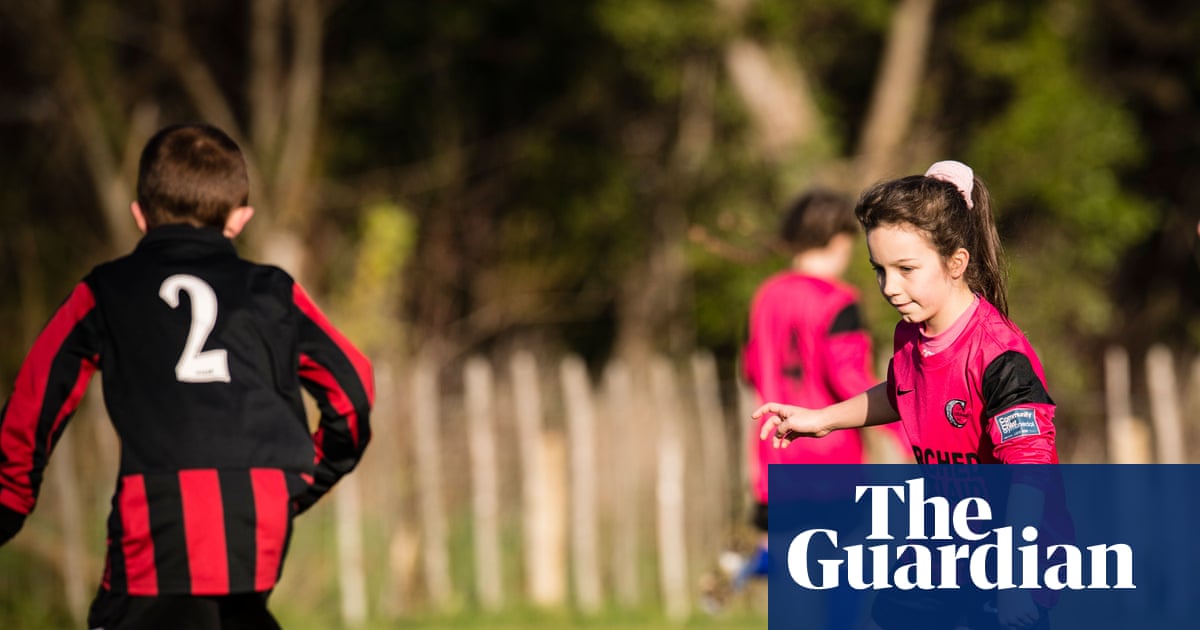
"Girls who play after-school sport in the UK are 50% more likely to get top jobs later in life, according to research, which reveals that the boost is equivalent to a university degree. Despite this benefit, girls are far less likely to play sport than boys, with 11- to 18-year-olds each missing out on 1.4 hours a week, or 280m hours annually, with 340,000 more girls excluded due to cost and lack of local access, according to the research."
"One in three girls surveyed for the report said boys had access to a wider range of sports. The research found that women who played extracurricular sport as children were much more likely to reach senior professional roles. It attributes this benefit to the resilience, confidence and adaptability that sport builds, with women who play sport almost a third more likely to handle pressure well and bounce back after hard times, and a fifth more likely to enjoy trying new things."
"The culture secretary, Lisa Nandy, said that although broadcasters were making women's sport increasingly visible, at a grassroots level too often women and girls find the same old barriers still in place. She added that the government was investing 400m in areas lacking sports facilities, and was shaking up the curriculum to give girls and boys the same access to sport in schools, as well as launching a new women's sport taskforce."
"The report produced by Public First estimated that enabling 18-year-old girls to play sport could generate 30,000 in lifetime economic benefit to the UK per person, and lead to 6.5bn in economic and health benefits by 2035, including 570m in annual productivity gains and 73m in savings to the NHS each year. The research found that boys aged 11 to 18 spend an average of 1.4 hours more per week playing sport, the equivalent of 52 football matches a year."
Girls who play after-school sport in the UK are 50% more likely to secure top jobs, with a boost equivalent to a university degree. Girls aged 11–18 play 1.4 fewer hours weekly than boys, totaling 280 million hours annually, and 340,000 more girls are excluded because of cost and lack of local access. One in three girls say boys have access to a wider range of sports and 29% report boys' teams get priority bookings, causing many girls to disengage by age 11. Extracurricular sport builds resilience, confidence and adaptability, improving chances of senior professional roles. Enabling girls to play could yield 30,000 in lifetime economic benefit per person and 6.5bn in economic and health benefits by 2035. The government is investing 400m in facilities, reforming the curriculum to equalize school sport access, and launching a women's sport taskforce.
Read at www.theguardian.com
Unable to calculate read time
Collection
[
|
...
]